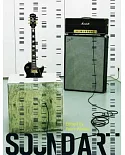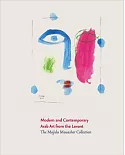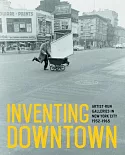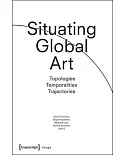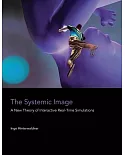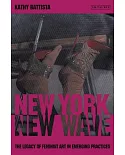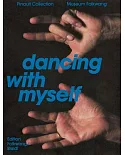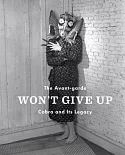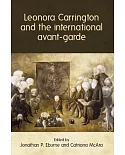In his early thirties, Marcel Duchamp (1887-1968) convinced everyone that he had abandoned making art in favor of playing chess. But from 1946 to 1966, he was secretly at work in his studio
on West 14th Street in New York City. There he produced his final masterpiece: Etant donnes: 1ola chute d'eau, 2o le gaz d'eclairage, composed of a battered wood door through which one views
a prone, nude female, holding aloft an antique gas lamp against a landscape of trees, waterfall, and sky. Unveiled as a permanent installation at the Philadelphia Museum of Art in July 1969,
the year after Duchamp's death, it startled the art world with its explicit eroticism and voyeurism, as well as its trompe l'oeil realism. Since its public debut, Etant donnes has been
recognized as one of the most important and enigmatic works of the 20th century.
Published to commemorate the fortieth anniversary of the original installation of Etant donnes and to accompany the first major exhibition on the artwork and its studies, this richly
illustrated book presents a wealth of new research and documents that draw upon previously unpublished works of art and materials. The catalogue also examines the critical and artistic
reception of Etant donnes, as evidenced by the subsequent work of Les Levine, Hannah Wilke, Robert Gober, Marcel Dzama, Ray Johnson, and other artists who have engaged with Duchamp's
provocative and challenging tableau-construction.




